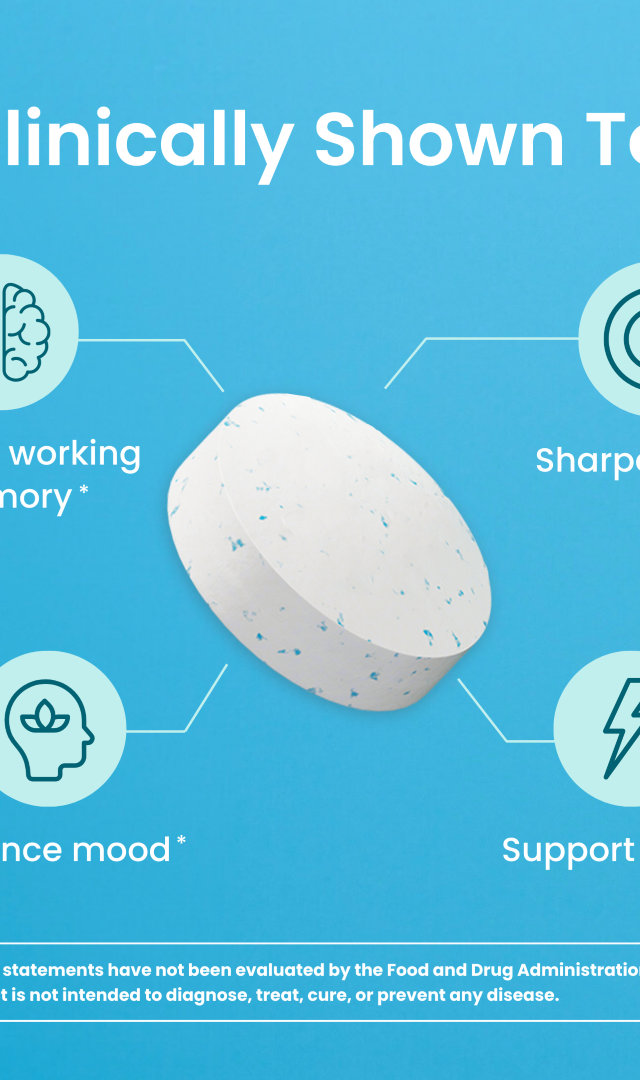Our daily lives are inundated with a lot of things - deadlines, news, chores, expectations, goals, etc.
We wear different hats for our different roles and sometimes we feel that the 24hrs we have in a day aren’t enough to do everything we need to do. But since we can’t have more time, how do we make sure our day is enough to fit in everything?
Everyone only has the same hours in a day, but if we optimize our daily performance, we give value to our time and make sure to spend it doing only the things that add value to us as individuals.
Do you need some help in improving your daily performance? Here are some ways you can get started.
Plan, Organize & Prioritize
Imagine this - you just got off the weekly meeting with your team, and while everyone left with their fair share of tasks for the next week, you feel like you got the majority of the harder ones.
You sulk a lot, fidget a little and decide that the world is conspiring against you. How in the world are you going to do all these tasks in the coming week?!
Okay, let’s say for the sake of argument that you have a ton of things to do on your to-do list, and they may all seem time-sensitive. But, if you take a closer look at each of them, you’ll see they might not all need to be done “immediately”.
Start by organizing them into the bigger categories - which tasks can be grouped together? Which tasks are similar in nature? Which tasks are dependent on another?
Then, prioritize each category according to urgency. Which of the tasks is the “mother of all”? Which one needed to be done so the rest can follow?
Finally, plan your week and set goals for each day. How much time do you think you’ll need to finish one category? Is it doable within the given time frame, or is your manager asking you to do something impossible?
Having a workflow to start your day may also help. Allocate specific time slots in your day to do blocks of work. If you have 8hrs of work, divide by the number of tasks and the time needed to complete each one.
For example, which time slots in your day are you reserving for meetings? And for how long? Which time slots are you dedicating to clearing out your inbox?
Set aside time for each task and block them in your calendar so you know what exactly you need to be doing at a certain time of each day.
Planning helps you identify your goals clearly.
Organizing helps you make sense of the chaos that is either in your head or at your desk. It’ll reduce the chances of being overwhelmed and make you see clearly the direction you’re going.
Time is a very valuable resource, and learning how to prioritize gives value to where you spend yours.
Learn how and when to say “no”, and mean it
Whether you’re a confident, outgoing extrovert or a shy, timid introvert, saying “no” may be difficult especially if you’ve been saying “yes” most of your life.
If you want to optimize your daily performance, saying “no” might be a skill you need to learn.
How many extra tasks at work have you said “yes” to just because you don’t want to offend an officemate? How many meetings did you attend when you really had no business being there in the first place?
Learning when and how to say “no” to these things will give you the time you need to do the things you’re actually needed to do. In these instances, learning how to say “no” respectfully will help you avoid awkward conversations and situations.
Saying “no” applies to yourself too! Sometimes, you are the distraction to whatever it is you’re doing. You’re distracted by every stimulus and you just can’t help it.
Just today, how many times did you check your phone “just because”?
When distraction knocks, try saying a loud “no” to refocus yourself. If saying “no” to digital distractions may mean putting yourself on a phone timeout and uninstalling certain apps on your phone during the week (just reinstall them over the weekend), then go do it.
Aim for progress, not perfection
When you procrastinate and wait for something to be perfect before you do it, you’re going to end up waiting forever.
Sorry to burst anyone’s bubble here, but nothing is ever going to be perfect. But that doesn’t mean it’s not beautiful.
Perfectionism slows you down. It gets in the way of you being open to other ideas and ways to do things.
How many times have you procrastinated working on a project because the “time is not right”?
If you focus on progress, on the other hand, it motivates you to keep going. It gives you wins and reasons to celebrate and move forward.
Set yourself up for success
Setting yourself up for success daily is a key factor in driving up your performance.
Making sure that you have an optimal physical working environment is important as well as ensuring that the correct systems and tools are in place.
Do you have the right tools and systems to accomplish your tasks?
When was the last time you upgraded your computer’s software?
Are your systems and tools helping you make progress, or are they slowing you down?
Taking advantage of digital resources to make your daily workflow easier will definitely increase your performance too.
Can any of your tasks be automated?
Can you set up templates so you don’t need to manually do everything?
Can you set up SOPs with detailed instructions so other team members can also pitch in on the tasks?
Take care of yourself
Last but definitely not least, you can improve daily performance by taking care of your most important asset - you.
How can you expect yourself to perform at your best when you’re not feeling your best?
Burnout is real and it will affect you physically, mentally and emotionally if you don’t do something about it.
Your energy and focus are key factors in your success, thus, should be a priority.
Making sure that you get enough sleep, eat healthily and incorporate a simple fitness regimen in your daily routine will help in improving your daily performance, not just at work, but in life in general.
Setting clear boundaries between work and personal life is also important. No one will respect your boundaries if you keep trampling on them. Set them, make them known, and stand by them.
You may be on the quest to always be better at what you do, but remember, you are not in this world to work and pay bills. There is a big, beautiful world outside your laptop and it is waiting for you.
Take breaks when you need to and buy yourself that *insert whatever is in your online shopping cart* because you’ve been such a hard worker and you deserve it.
Hero Image by Adeolu Eletu on Unsplash





















